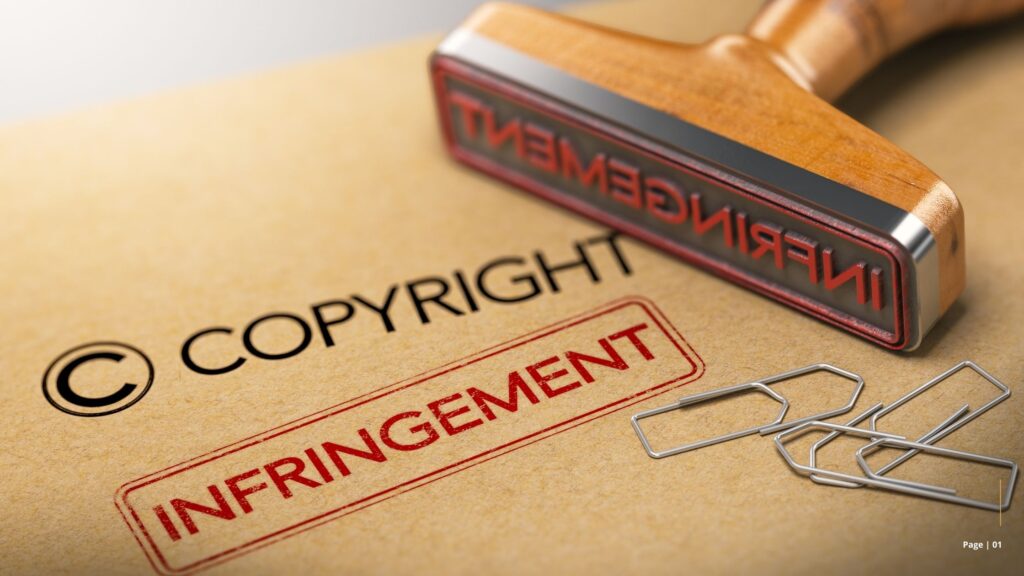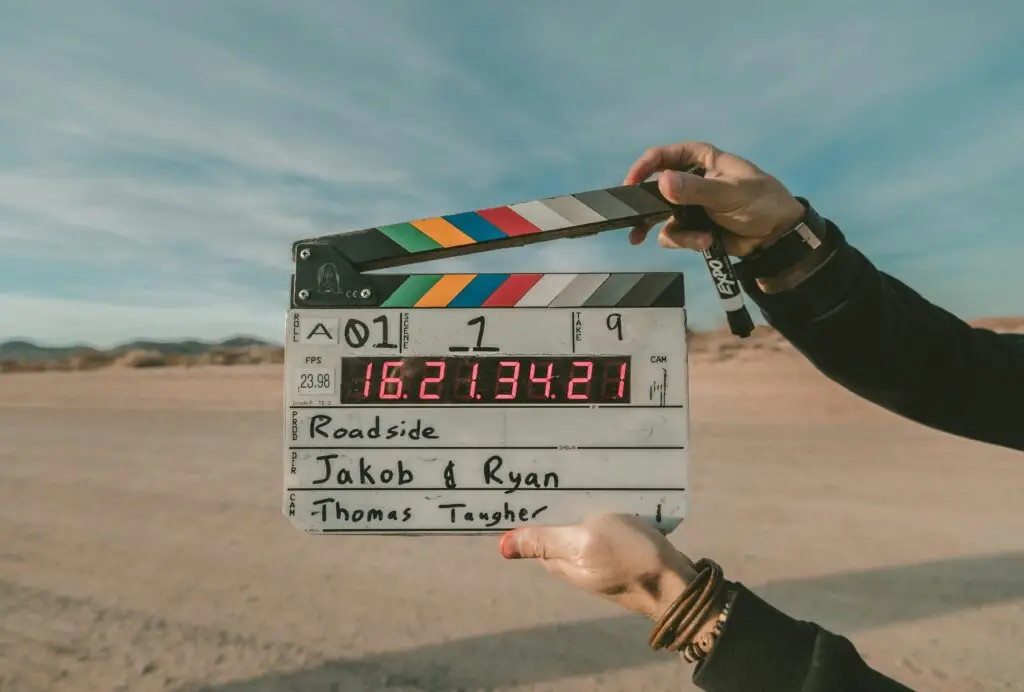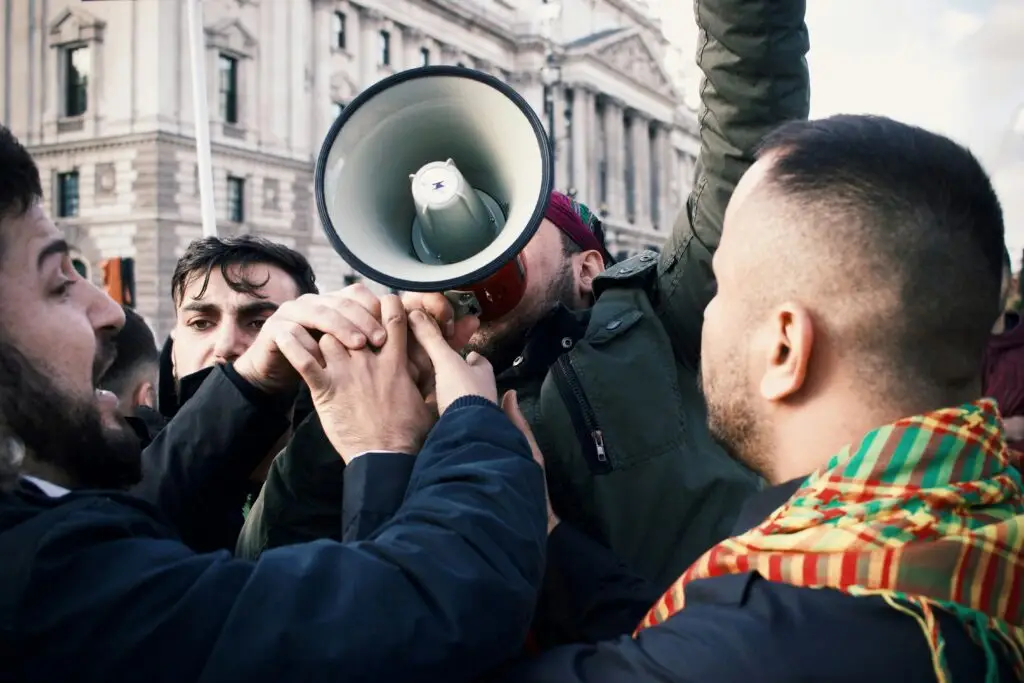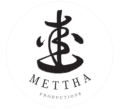Navigating legal and copyright issues is a crucial aspect of media production that can significantly impact your project’s success. From securing rights to handling intellectual property, understanding these legalities helps avoid costly disputes and ensures your project is protected. In this blog, we’ll explore key legal and copyright considerations in media production and provide practical advice for managing these challenges effectively.
1. Understanding Copyright Basics
Copyright laws protect the creators of original works, including films, scripts, music, and artwork. Key points include:
- What Is Copyrighted: Copyright covers original expressions of ideas, such as scripts, dialogue, and visual content, but not the underlying ideas or facts.
- Duration of Copyright: Copyright protection typically lasts for the creator’s lifetime plus 70 years. For works made for hire or corporate authorship, it lasts 95 years from publication or 120 years from creation, whichever is shorter.
- Ownership Rights: Copyright owners have exclusive rights to reproduce, distribute, and display their work. Unauthorized use can lead to infringement claims.
2. Securing Rights and Permissions
Obtaining the proper rights and permissions is essential to avoid legal issues. Here’s what you need to consider:
- Script and Story Rights: If your film is based on a book, play, or existing script, you must acquire the rights from the original creator or publisher. This often involves negotiating a licensing agreement.
- Music and Sound Effects: Obtain licenses for any music, sound effects, or audio clips used in your film. This can include purchasing licenses or obtaining permission from copyright holders.
- Location Releases: Secure permission from property owners if filming on private property. This usually involves signing a location release agreement.
- Talent Releases: Actors, crew members, and any participants in your film should sign release forms granting permission to use their likeness and performance.
3. Fair Use and Public Domain
Understanding fair use and public domain can help you navigate copyright issues:
- Fair Use: Fair use allows limited use of copyrighted material without permission for purposes such as criticism, comment, news reporting, teaching, scholarship, or research. However, fair use is a complex legal doctrine and varies case by case.
- Public Domain: Works in the public domain are not protected by copyright and can be freely used. This includes works whose copyright has expired or that were never copyrighted.
4. Contracts and Agreements
Well-drafted contracts and agreements are essential for protecting your interests and clarifying responsibilities:
- Production Agreements: Outline the roles, responsibilities, and compensation for everyone involved in the production, including directors, writers, actors, and crew.
- Distribution Agreements: Define the terms under which your film will be distributed, including rights, royalties, and revenue sharing.
- Licensing Agreements: Specify the terms for licensing your work to others, including duration, territories, and payment terms.
5. Handling Copyright Infringement
If you suspect that your work is being used without permission, take the following steps:
- Document the Infringement: Collect evidence of the infringement, such as screenshots, copies of unauthorized use, and relevant timestamps.
- Contact the Infringer: Reach out to the party using your work without permission and request that they cease the unauthorized use.
- Legal Action: If necessary, consult with a lawyer to pursue legal action. This may involve sending a cease-and-desist letter or filing a lawsuit.
6. Protecting Your Work
Proactively protecting your work can prevent legal issues down the road:
- Register Your Copyright: While copyright protection is automatic upon creation, registering your work with the copyright office provides legal advantages and the ability to pursue statutory damages and attorney’s fees.
- Use Watermarks and Notices: Add copyright notices and watermarks to your work to deter unauthorized use and assert your rights.
7. Working with Legal Professionals
Navigating legal and copyright issues can be complex, and working with legal professionals is often essential:
- Entertainment Lawyers: Consult with an entertainment lawyer who specializes in media and copyright law. They can provide guidance on contracts, rights management, and legal disputes.
- Legal Advice for Startups: If you’re new to filmmaking or media production, seek legal advice early to establish a solid foundation and avoid common pitfalls.
Navigating legal and copyright issues in media production requires careful attention to detail and proactive measures. By understanding copyright basics, securing rights and permissions, and working with legal professionals, you can protect your creative work and avoid legal complications. Ensuring that your production complies with legal requirements not only safeguards your project but also contributes to a successful and professional filmmaking experience.




